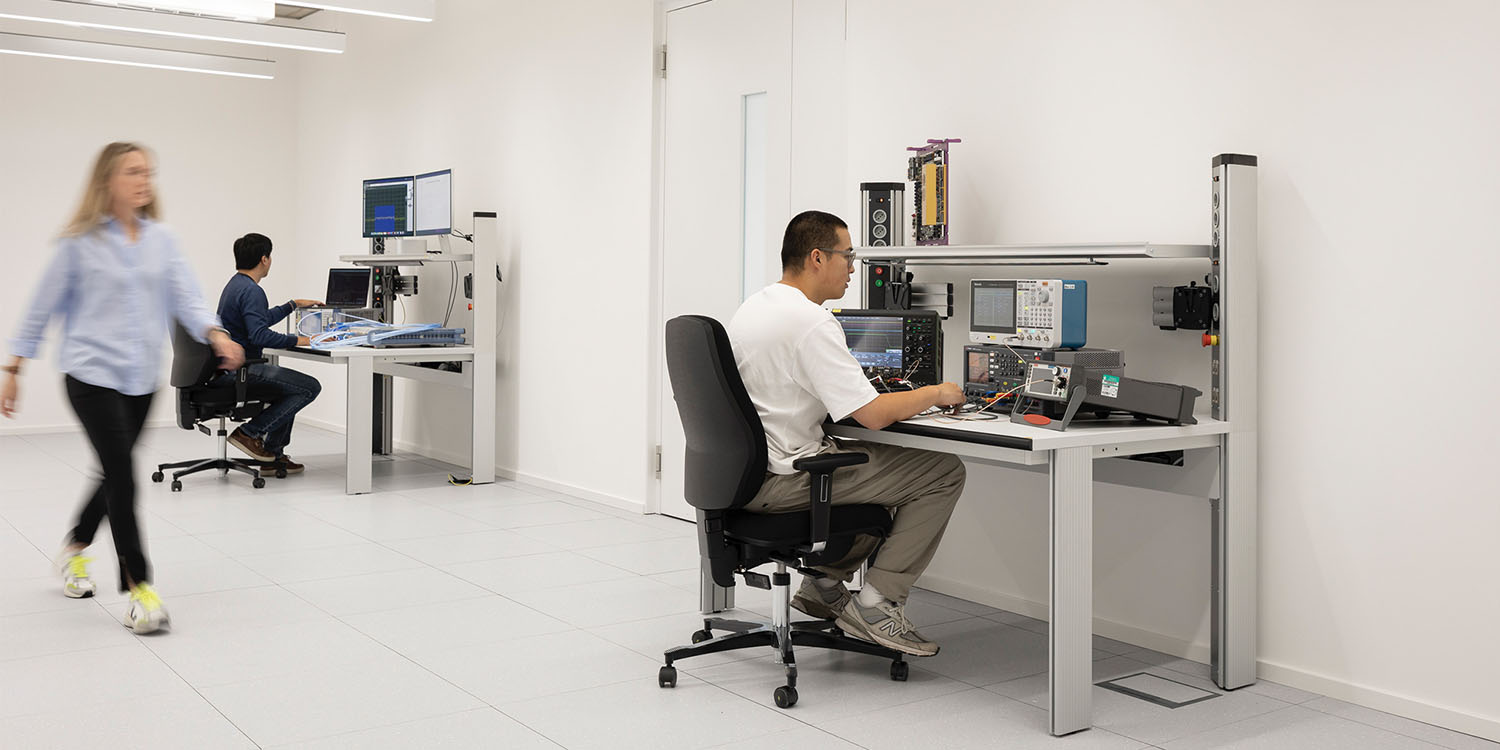
Apple today announced a major expansion to its European Silicon Design Center, which will see the company creating a custom-designed state-of-the-art R&D center in Germany.
The iPhone maker previously announced plans for a €1B ($1.06B) European Center for Chip Design in Munich, and says that it will be doubling its investment in the latest expansion plans …
Background
Apple has of course long designed the A-series chips that power iPhones and iPads, expanding into the M-series Apple Silicon chips for Macs back in 2020. These system-on-a-chip (SoC) designs see CPU, GPU, and unified memory all integrated onto a single board.
Additionally, the company is working on its own modem, providing a combination of 5G, Wi-Fi, and Bluetooth, which is expected to make it into next year’s iPhone 16.
Almost exactly two years ago, the company announced plans for a European Center for Chip Design, based in Munich – saying then that it was committing more than a billion euros over a three-year period. The focus of the work appeared to be a wireless modem chip design, with the aim of integrating this, too, into the A-series SoC.
European Silicon Design Center expansion
Apple appears to have renamed the multi-location facility as the European Silicon Design Center. The company says that it will be investing a further €1B over the next six years.
Apple today announced it will invest an additional 1 billion euros in German engineering over the next six years as part of its Silicon Design Centre expansion in central Munich. This is on top of the company’s previous 1 billion euro investment commitment from 2021, when Apple established Munich as the headquarters to its new European Silicon Design Centre […]
Building on Apple’s longstanding presence in Germany and growing investments across Europe, the company will design and construct a state-of-the-art research facility at Seidlstrasse. With significant lab space, cutting-edge design, and a central location, the space will enable Apple’s R&D teams to come together in new ways, enhancing collaboration and innovation.
The company said that its Munich-based chip teams had already contributed to “breakthrough” work on the M2 Pro and M2 Max chips, as well as cellular and power management functions.
One of the reasons for the location is that it’s literally around the corner from a key German university, with which Apple partners on 5G research projects.
The Silicon Design Centre is walking distance from the Technical University of Munich (TUM) — one of Europe’s leading engineering schools and research institutes. As part of Apple’s deep engagements with academic and cultural organisations across Germany, over the past several years, Apple’s hardware and software tech teams have collaborated with the university on several research projects that explore new ways to make mobile wireless connections more reliable and secure.
Naturally, the new facility will be 100% powered by renewable energy, as well as designed to LEED Gold standards for sustainability. Interestingly, this isn’t the top rating available, which is Platinum.
Apple says that it is also helping employees be greener, by providing carbon-free charging points for electric cars and bikes.
FTC: We use income earning auto affiliate links. More.




